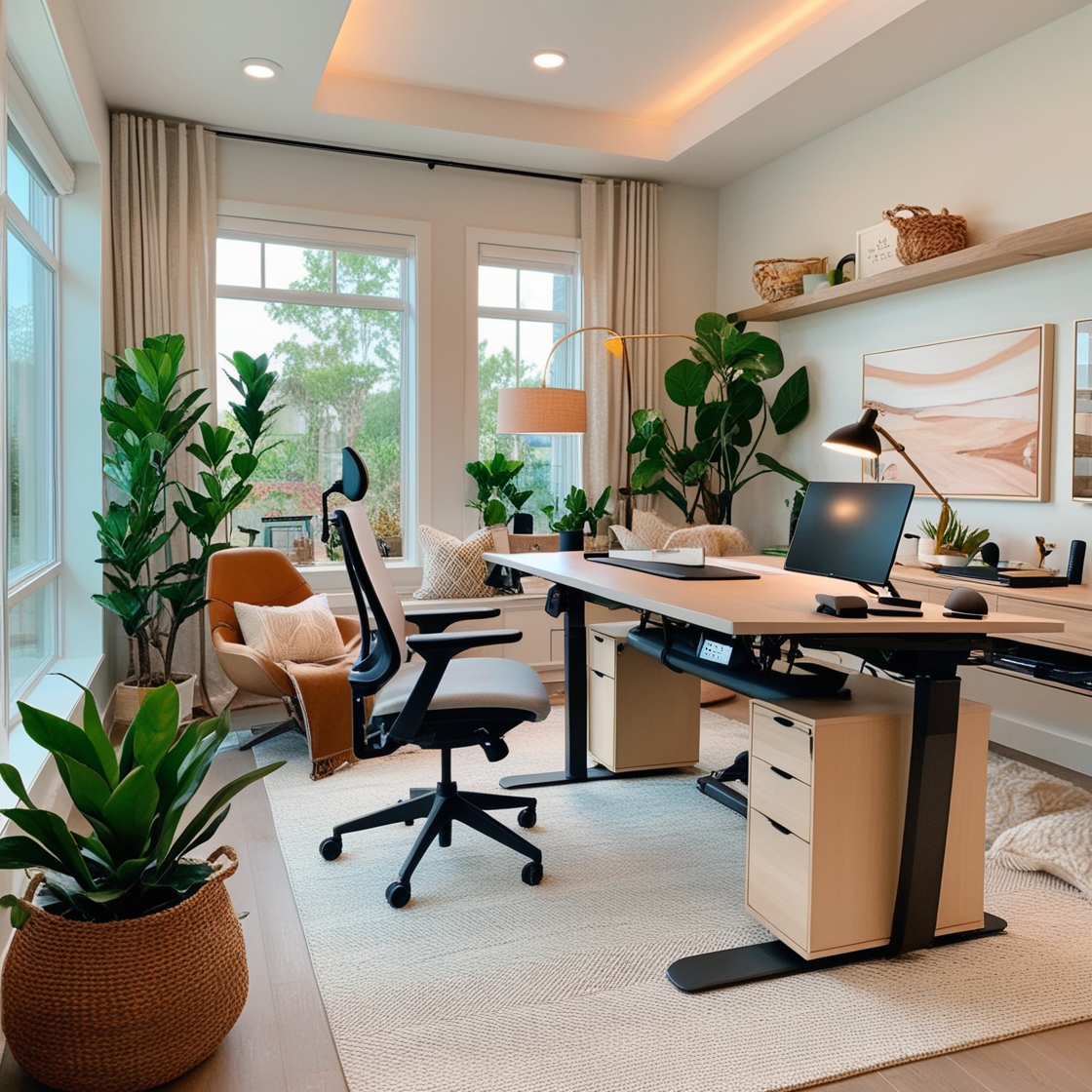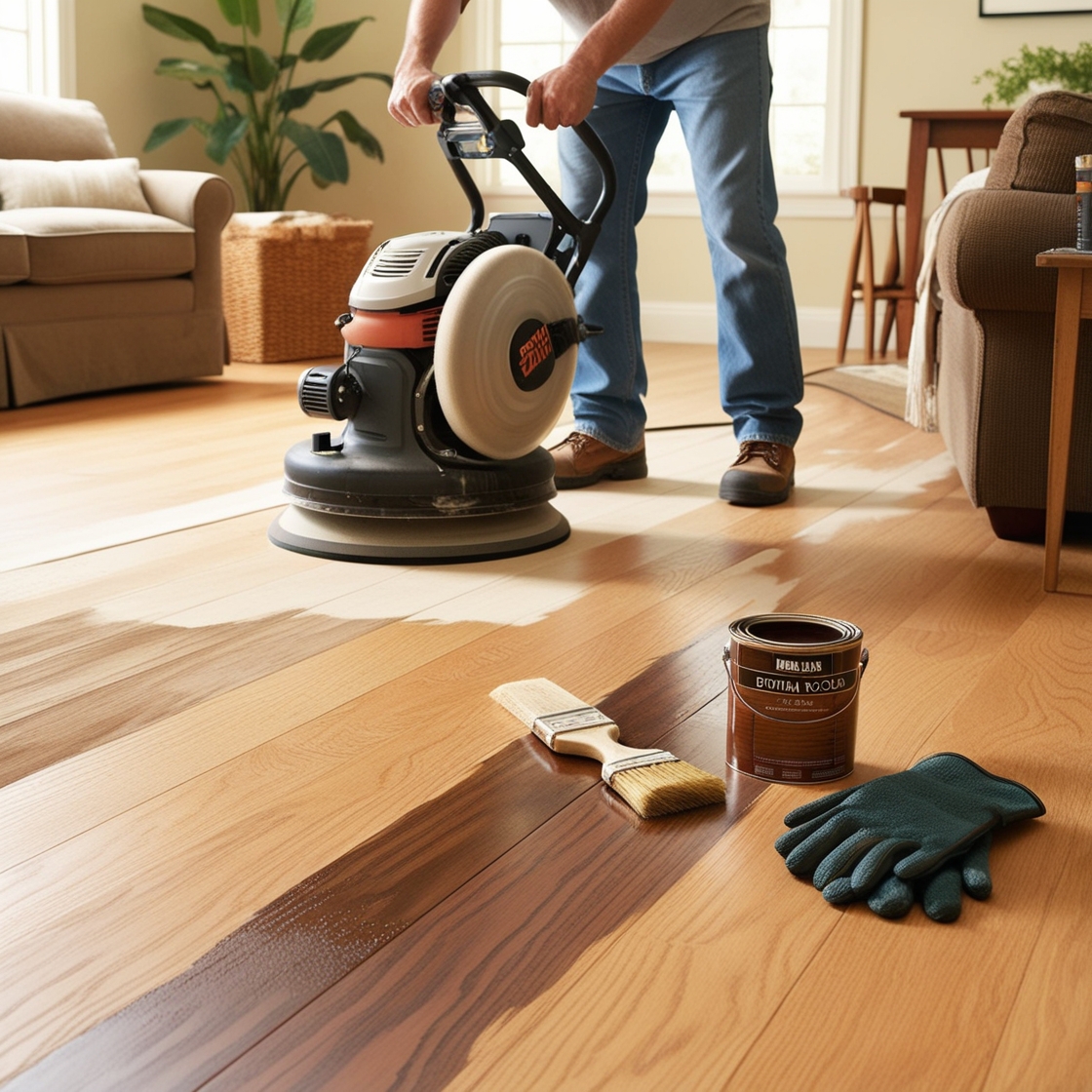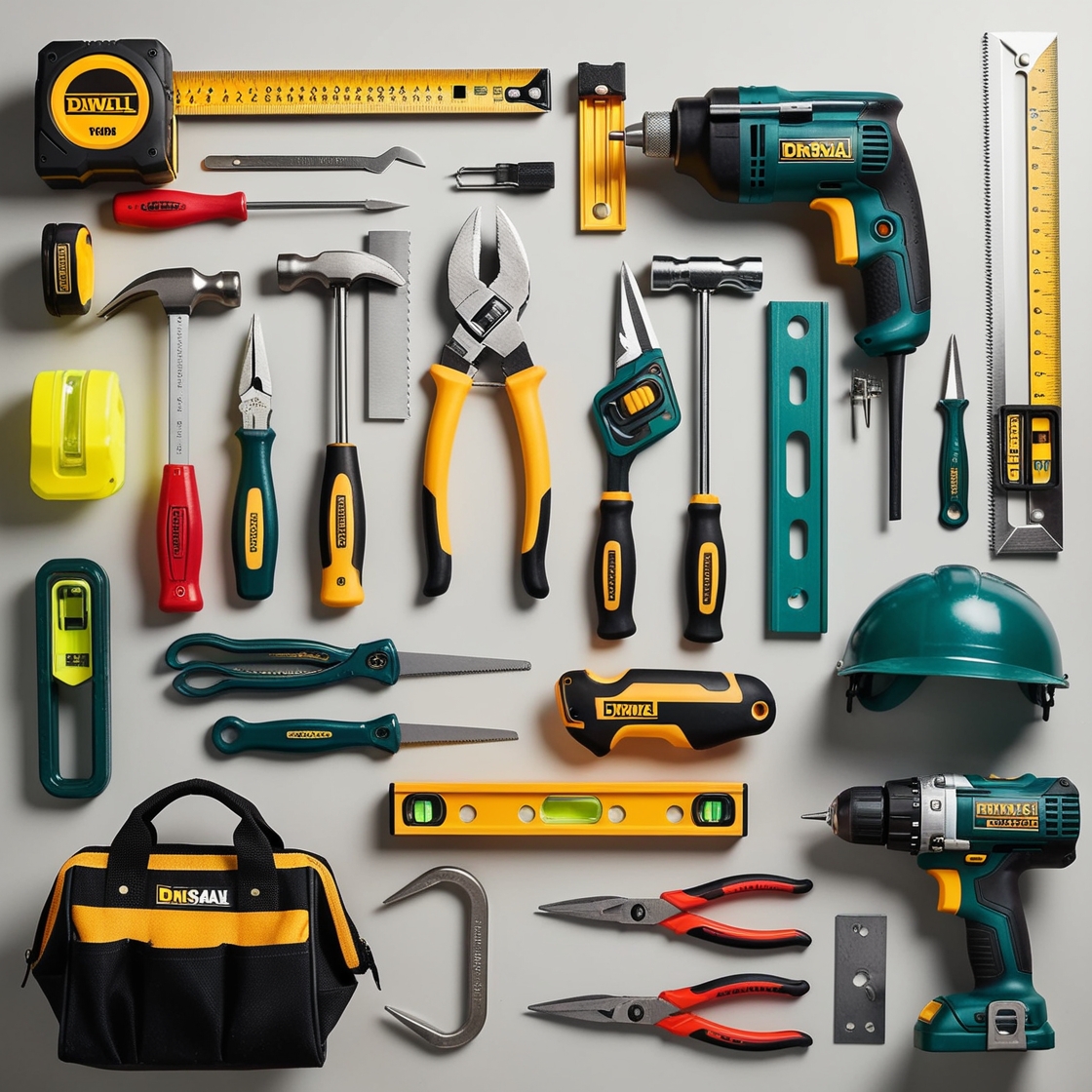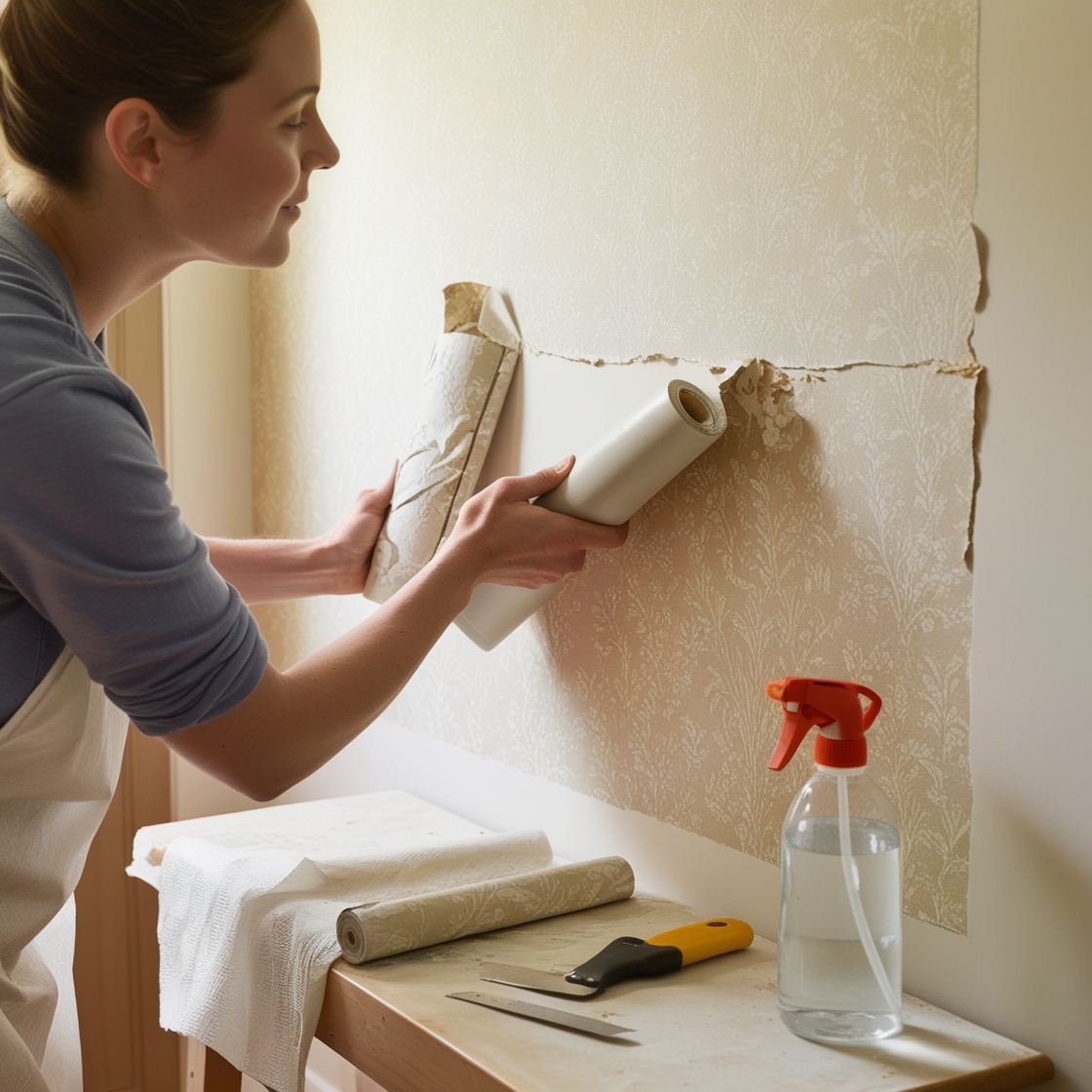
What are the latest trends in home office design?
With the rise of remote work and flexible working arrangements, the home office has become an essential part of modern living. Designing a home office that is both functional and aesthetically pleasing is crucial for productivity and comfort. Here are some of the latest trends in home office design that reflect the evolving needs of today’s workforce.
1. Biophilic Design
Biophilic design, which incorporates natural elements into the home office, is one of the most popular trends. This approach not only enhances the visual appeal of the space but also promotes well-being and productivity.
- Indoor Plants: Adding greenery, such as potted plants or vertical gardens, brings nature indoors and improves air quality. Plants like succulents, snake plants, and ferns are low-maintenance and perfect for an office environment.
- Natural Light: Maximizing natural light is another key aspect of biophilic design. Large windows, skylights, or strategically placed mirrors can help bring more daylight into your workspace, reducing the need for artificial lighting during the day.
2. Ergonomic Furniture
With long hours spent at the desk, ergonomic furniture is becoming increasingly important in home office design. The focus is on creating a comfortable and healthy work environment.
- Adjustable Desks: Standing desks or adjustable sit-stand desks allow for flexibility in work positions, helping to reduce the strain on the back and neck.
- Ergonomic Chairs: Invest in a high-quality ergonomic chair that supports proper posture, with adjustable height, lumbar support, and comfortable cushioning.
3. Minimalist Aesthetics
Minimalism continues to be a strong influence in home office design, emphasizing clean lines, clutter-free spaces, and functional decor.
- Neutral Color Palettes: Soft, neutral colors like white, gray, and beige are popular choices for creating a calm and focused atmosphere. These colors can be paired with natural wood tones or subtle accents for a touch of warmth.
- Smart Storage Solutions: Built-in shelves, under-desk drawers, and floating cabinets help keep the workspace tidy and organized, maintaining the minimalist aesthetic.
4. Multi-Functional Spaces
As homes become more multifunctional, the home office often serves dual purposes. Designing a space that can be easily adapted to different uses is a growing trend.
- Convertible Furniture: Desks that can fold away, wall-mounted workstations, and multi-purpose furniture that can be used for both work and leisure are becoming popular choices.
- Shared Spaces: For those with limited space, creating a shared office area within a living room or bedroom is common. Zoning techniques, like using rugs or room dividers, can help delineate the workspace from the rest of the room.
5. Tech Integration
Modern home offices are increasingly tech-savvy, with seamless integration of technology to enhance productivity and comfort.
- Wireless Charging Stations: Incorporating wireless charging stations into the desk or workspace helps reduce cable clutter and keeps devices easily accessible.
- Smart Lighting: Smart lighting systems that can be adjusted for brightness and color temperature depending on the time of day or task are gaining popularity. Voice-controlled or app-controlled lights add convenience to the workspace.
6. Personalization and Comfort
Personalizing the home office with elements that reflect your style and preferences can make the space more inviting and conducive to productivity.
- Art and Decor: Adding artwork, personal photographs, or decorative items that inspire you can make the space feel more like your own. This trend emphasizes the importance of a work environment that is both functional and personally satisfying.
- Comfort Elements: Incorporating comfort elements, such as cozy rugs, soft throw blankets, or even a small sofa or armchair, makes the office space more inviting and comfortable for longer work sessions.



